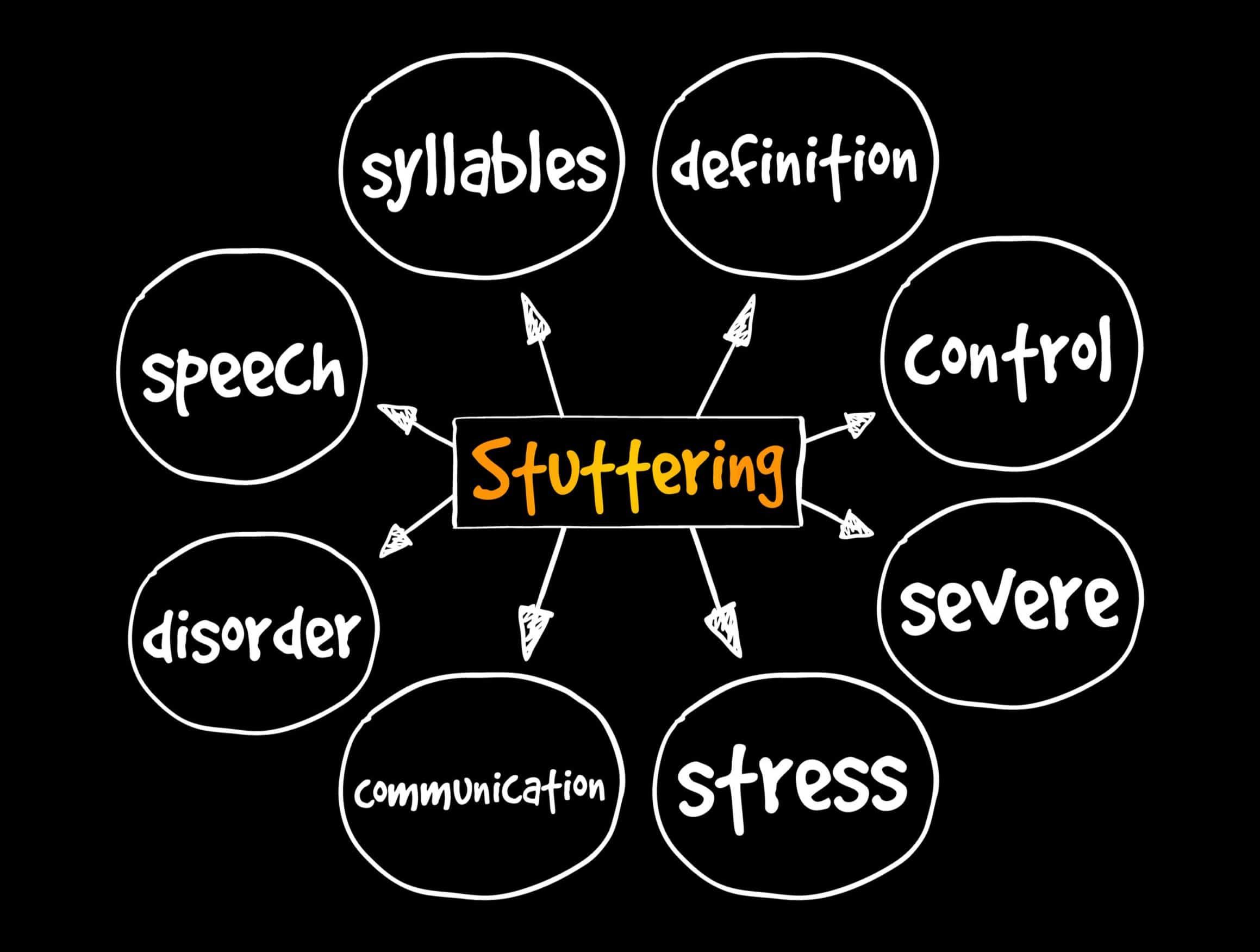
Stuttering is a type of communication disorder. Those who stutter experience breaks in their flow of speech and often repeat certain sounds or letters. Abnormal stops may occur as well.
Some people who stutter have unusual facial expressions or body movements as they struggle to speak clearly. Sometimes, stuttering is called stammering.
While it’s much easier for those who stutter to find help today, there are still some misconceptions about it. Here you can find answers to some of the most asked questions about stuttering.
What Is the Cause of Stuttering?
Stuttering isn’t caused by a single factor. In fact, there have been four factors attributed to cases of stuttering. These include:
- Genetics: It’s estimated that around 60% of people who stutter have a family member who does.
- Child development: Children with other language or speech issues or developmental delays are much more likely to stutter.
- Neurophysiology: Recent neurological studies have proven those who stutter tend to process language and speech differently than individuals who don’t stutter.
- Family dynamics: Fast-paced lifestyles and high expectations can result in stuttering in children.
In some cases, stuttering occurs with several factors present. Also, it can have different causes in each person. It is also probably that what causes stuttering is different from what makes it continue or even causes it to get worse.
How Many People Does Stuttering Affect?
It’s estimated that over 70 million people around the world stutter. This accounts for about one percent of the total population. In the U.S. alone, more than three million people stutter.
It’s also worth noting that more males stutter than females. In fact, stuttering affects four times the number of men than it does women.
Additionally, around five percent of children will go through a stuttering period that lasts six months or more. About 5% of these will recover by the time they enter their late childhood years, with one percent dealing with stuttering long-term. One of the best ways to prevent stuttering is with early intervention.
Does Stuttering Occur Because of Psychological or Emotional Problems?
Adults and children who stutter are not more likely to deal with emotional or psychological issues than adults and children who do not. There’s no reason or proof that emotional trauma will cause stuttering.
Should You Seek Help Right Away When You Notice Your Child Has Begun to Stutter?
It is a good idea to find ways to start helping your child right away. If stuttering issues persist beyond three to six months, or if it is more severe or getting worse, it’s smart to talk to a speech-language pathologist.
Is There a Treatment for Stuttering?
There are several ways to help adults and children dealing with stuttering issues. Working with professionals to determine what may work for you or your child is a good idea.
Understanding Stuttering
Stuttering is a problem that is more widespread than many people realize. Understanding more about it can help you know what options you have if you deal with stuttering or if your child does.


